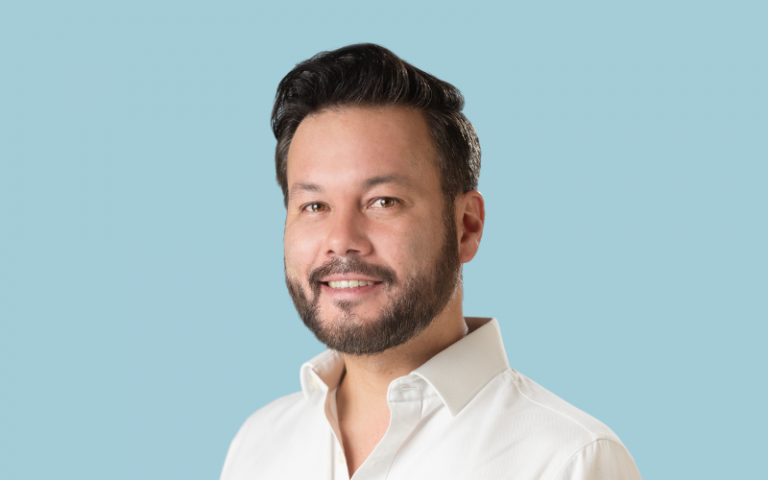Opinion: UCL@COP27 Week 2
28 November 2022
Dr Simon Chin-Yee reflects of COP27 week 2 for UCL Environment Domain

Dr Simon Chin-Yee has been following the UNFCCC processes for over a decade and participated in the last 8 COPs and intersessionals in various guises: as a researcher, a policy advisor, and civil society. He has over 15 years of experience in international cooperation and policy through multiple research roles within academia, as well as his work with the United Nations Education, Scientific and Cultural Organization (UNESCO).
Simon joined our department in 2019. His research is focused on climate change, conflict and vulnerable populations – with an emphasis on human security and climate justice on the African Continent. Policy makers no longer speak of climate change solely in terms of environmental issues, but as a multiplying factor that has made its way into a broad spectrum of global political discourse, including narratives around conflict, peace and (in)security. His research examines the global climate negotiations, understanding how norms, values and rules constructed within the global climate regime have an influence on national policies. His current research project, which has its first workshop at COP27, looks at the decarbonisation of the maritime sector in eastern and southern Africa. Shipping represents a significant source of GHG emissions and is important for the economic development of low-income countries. This project aims to support countries as they consider how to achieve GHG emissions reductions, including the co-development of concrete and realistic plans both for national and international decarbonisation actions, political buy-in for implementation of these actions as well as capacity development within country.
What are the main findings you have gathered from COP?
My role at this year’s COP, was to conduct a lot of bilateral meetings with member states and the maritime industry. A UCL led project held a workshop during COP27. We see decarbonisation of shipping as a key opportunity that can combine climate change mitigation, adaptation policy and economic development. It can, for example, increase the case for investment in renewable energy and enable wider opportunities for sustainable economic growth. This was the first opportunity to explore in-person with stakeholders how a 5/6-year project could best fit their needs and circumstances. It offered a chance to introduce and get feedback on the project’s thinking to date, as well as have candid discussions on steps that could be taken in 2023 when the project is expected to formally launch. Having ministers and negotiators from our 5 partner countries as well as member of our consortium (World Bank, Global Maritime Forum, UN Foundation) in Sharm El Sheikh gave us the occasion to bring everyone together in one room.
While the high-level plenaries and working groups discussed the text and final outcomes of COP27, many others, including academia (UCL), international institutions (International Maritime Organisation), banks (African Development Bank), civil society (Pan African Climate Justice Alliance) and the Member States themselves were meeting to move many, many issues forward that would cut emissions in different sectors and contribute to the Nationally Determined Contributions (NDCs), intended to keep global warming to 1.5°C. These were also opportunities for countries to express their own priorities in the UNFCCC space, and how to create synergies with each other, as well as other institutions.
How will you incorporate your COP experience into your research/work moving forward?
I made a joke to one of the lead negotiators for Tonga, Sione Fulivai, that after week one, I could take may African hat off and put on my small island state hat. I see the global climate regime, and the negotiating spaces as informing both national climate and energy policy, while at the same time having the ability to create knowledge itself. A positive aspect of these climate negotiations is how values and norms can be shaped – while it may seem that those without hard power and most vulnerable to climate change (not to mention those not historically responsible, notably island states and African countries, have not had their voices heard – the constant push by these countries to stress issues of loss and damage and the need to act, and act now, has made its way into the norms that can inform and drive these UNFCCC processes. This has been the core of my research for almost a decade.
In addition, UCL is setting up its 2nd Maritime Sector workshop, to take place in Namibia in 2023 – the COP was a space in order to inform and celebrate the start of our project and to get the key players on boards as we move forward. We all have to watch our carbon footprint when travelling, in particular, to a climate conference, but we could not miss this opportunity when participants had flown in from all over the world to both learn from them, inform our research and our project, and looking for concrete pathways forward.
Read the full article
Find out more about UCL Environment Domain
 Close
Close

